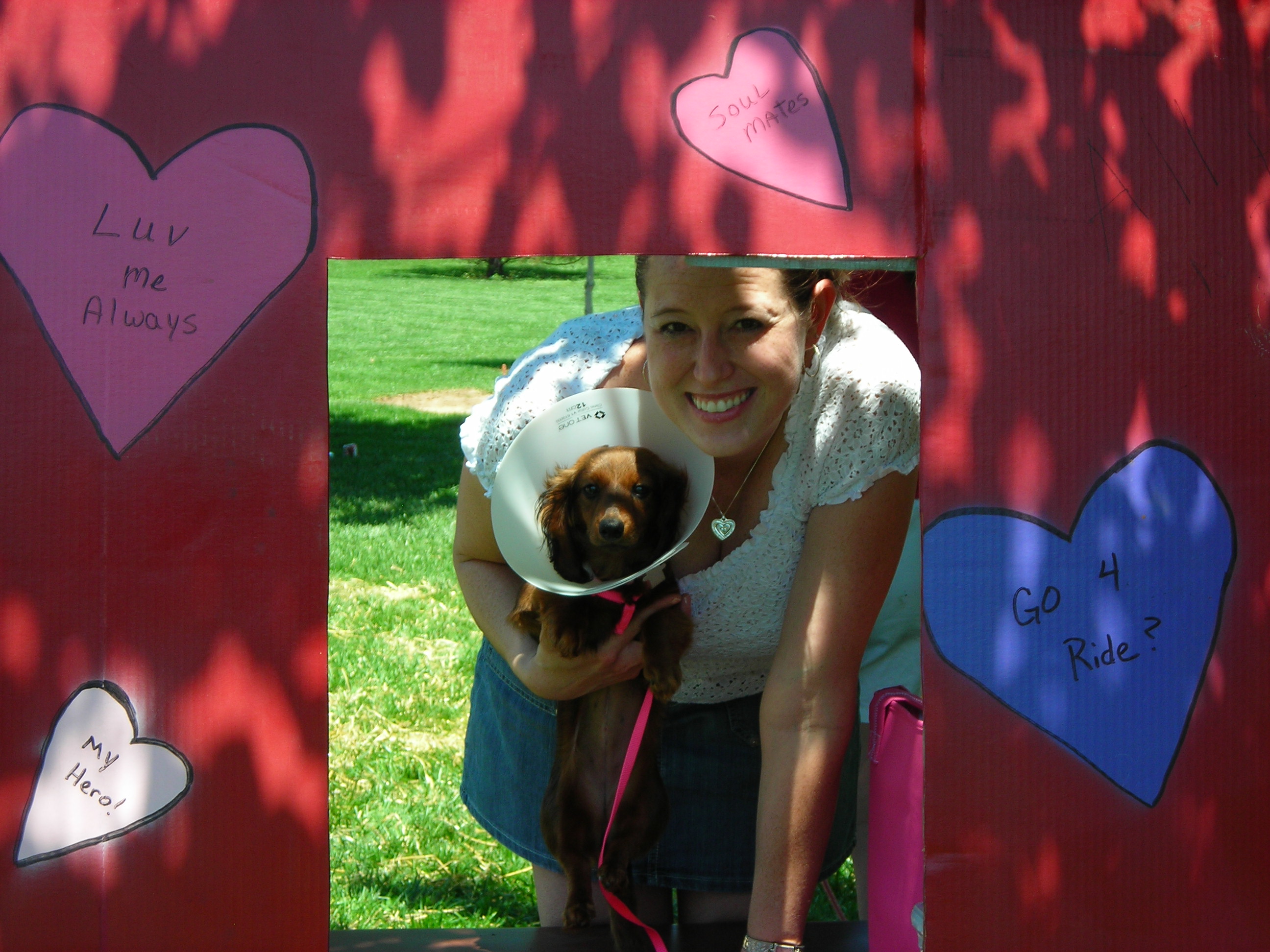
To get into writing, try mindset and thinking about the “now” of the moment.
Mindset, or giving purpose to your direction, is a term I hear in the business world, but it’s just as applicable to writing—so are other business terms like lean startup, actuation and effectual thinking.
Mindset, as defined in decision theory and general systems theory, is a set of assumptions, methods or notations held by an individual or group of people. It’s also indicative of worldview and a philosophy of life.
Mindset: In the “Now”
A writing friend of mine simplified the concept, explaining it as being present in the moment and appreciating the “now.” Being present to writing takes letting go of past “failures,” erasing the idea of being stuck, which is going back to the past, and immersing immediately and in the now of writing.
Stanford University psychologist Carol S. Dweck, Ph.D., defined growth versus fixed mindsets in “Mindset: The New Psychology of Success,” published in 2006. A fixed mindset sees abilities as fixed, while a growth mindset allows for abilities to be developed and growth to occur.
Seeing your abilities as changeable is motivating, while seeing them as talent that cannot be adjusted is self-limiting. The idea that writing is something that can be learned and improved upon gives that motivation to try—it’s a way to bypass excuses and writer’s block, because even if it’s painful to write, doing it moves it forward. It’s growth no matter how and when you write.
Effectual vs. Causal Thinking
In business theory, a similar growth mindset occurs with effectual thinking, as opposed to more traditional causal thinking.
Cindy Skalicky, owner of On Point Communications, LLC, gave a presentation July 25 at the Loveland Business Development Center, “Mastering the Model: A Closer Look at Effectuation, Lean Startup & Business Model Canvas.”
“With small businesses, there is so much uncertainty from the beginning that causal thinking won’t result in the best outcome,” Skalicky said. “Causal thinking is effective if you already know about your business model, customers, products and what works and doesn’t. Effectual thinking is the opposite. With that, you need to take inventory of the self, what you’re good at and what you’re trained to do.”
With effectual writing, you begin with where you’re at in a project or within your abilities. Alternatively, with causal writing, you have a plan or outline for the writing without allowing for character interruptions and plot diversions; you stick strictly to the plan.
To write effectually, you may plan but you also adjust.
Skalicky compared aspects of causal and effectual thinking, which have one similarity and differ in everything else. They both involve predictions made at the beginning. But with causal thinking, there’s a specific goal in mind, an execution plan is implemented and data is gathered from the existing market and competition. Effectual thinking is having a basic idea or leaning, an idea of a plan and looking to the self and customers for the data.
“Effectuation is about me in relation to my idea,” Skalicky said.
Effectuation in Writing
In the writing world, effectuation is you as writer in relation to your story. You look to the story for the plotlines, letting the scenes unfold as you write, while having a rough plan in the back of your mind. This is a mix of writing by outline or being a plotter, combined with pantsing writing, or writing by the seat of your pants and writing as you go.
Another business term, actuate, refers to putting things into action or setting them in motion. To actuate your writing, you set things in motion by creating character identities and placing them in situations where they begin to act and speak according to who they are but also within the circumstances of the novel’s plot. They act and react as the story unfolds, but you haven’t planned out every little nuance of their activities and behaviors.
Actuate also works in relation to you as the writer. You can think about what actions you take in the now that will carry forward your writing goals. If you skip writing for a long period of time, motion will be halted and your writing will be less purposeful. You’ll be out of the mindset of the now of writing.
Lean Writing
A lean startup business model allows you to iterate and change your product for the better through feedback, learning from mistakes and failures and continuous small improvements, Skalicky said.
The same thing happens with writing—if you let it. You write and as you get into the writing, the characters and plot strands create their own feedback loop, and you, as the writer, can take note of what to change in the plot as you go along, or at the end when the revision process occurs. The writing won’t be perfect the first time, so you build and measure and learn, and pivot and persevere as needed. The writing then becomes in the now as it moves forward and backward in that loop until the strands are tight, and what you have is a MVP, not a Minimal Viable Product but maximum and viable.
It’s purposeful writing allowing for a mindset that accepts both the now and the possibility for change. You’re getting your MVP to market fast, or you’re writing quickly to get it out and then you go back to improve and improve some more.










